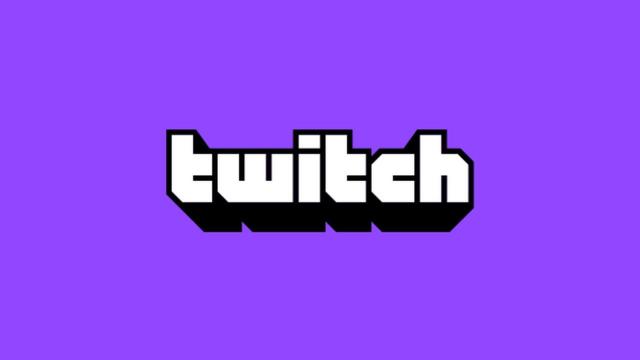Twitch Safety Advisor Council member and trans woman Steph “FerociouslySteph” Loehr has created a third-party site allowing marginalised Twitch streamers to build communities around their identity.
While this is a huge win for diversity and inclusivity in streaming, it serves as a stark reminder of Twitch’s repeated failings when it comes to protecting its users.
Peer2Peer.Live is a completely separate entity to Twitch that allows streamers to tag themselves with phrases that represent who they are and the communities they are a part of. Options include “lesbian”, “trans”, “disabled” or “Muslim”, thus allowing streamers who identify as these labels to find and support each other.
Comparatively, Twitch only has a single identity-based tag -“LGBTQIA+”, which not only lumps a large and extremely diverse community into a one-size-fits-all box but also means that there are no identity-based tags for race, religion or ability.
“The essence is that people of marginalised identities feel safest in spaces that understand them, and the easiest way to find those safe spaces is by finding their peers,” Loehr told Engadget. “And that discoverability has been totally blocked by Twitch.”
Peer2Peer.Live is a win for the whole community whether you’re a viewer or a streamer. But it’s hard to ignore the fact that the community had to build it themselves.
FerociouslySteph has been on Twitch’s Safety Advisor Council since its inception, so it’s pretty fair to assume that she probably would’ve suggested that the company implements something similar at some point during her tenure.
But did they do it? Absolutely not.
FerociouslySteph claimed Twitch didn’t do their due diligence in protecting her, when backlash to the council’s rollout resulted in her being doxxed. So if they’re not protecting members of their own safety board, it’s likely the general public isn’t getting much help either.
“Twitch has not done enough to protect me in the slightest,” she said.
Pansexual non-binary trans woman Lucia Everblack suffered a similar experience, which lead her to join the team at Peer2Peer. But Everblack made a point to emphasise just how simple it would be for Twitch to implement these strategies.
“The tags that they have, it’s not like they’re adding an entire infrastructure behind it,” she said. “If they wanted to add new tags, it would literally just be adding something to a database that has ‘trans’ and then some unique ID to it. And that’s it. There’s no complexity to that.”
Interestingly, FerociouslySteph pointed out Twitch features diverse creators when it’s trending, but seems to let them down on a daily basis.
“I think they feel like they will mess it up and aren’t capable. They feel that they are not equipped to support marginalised communities and the safety of these marginalised communities on their platform,” she said. “But they also love to feature us on Pride Month and Black History Month, and so they’re wanting to reap the rewards without accepting the responsibility.”
Peer2Peer went live on March 20, 2021 and has so far had over 1,600 applications from streamers who are interested in the service.
Kotaku Australia has reached out to Twitch for comment but is yet to hear back.

Leave a Reply